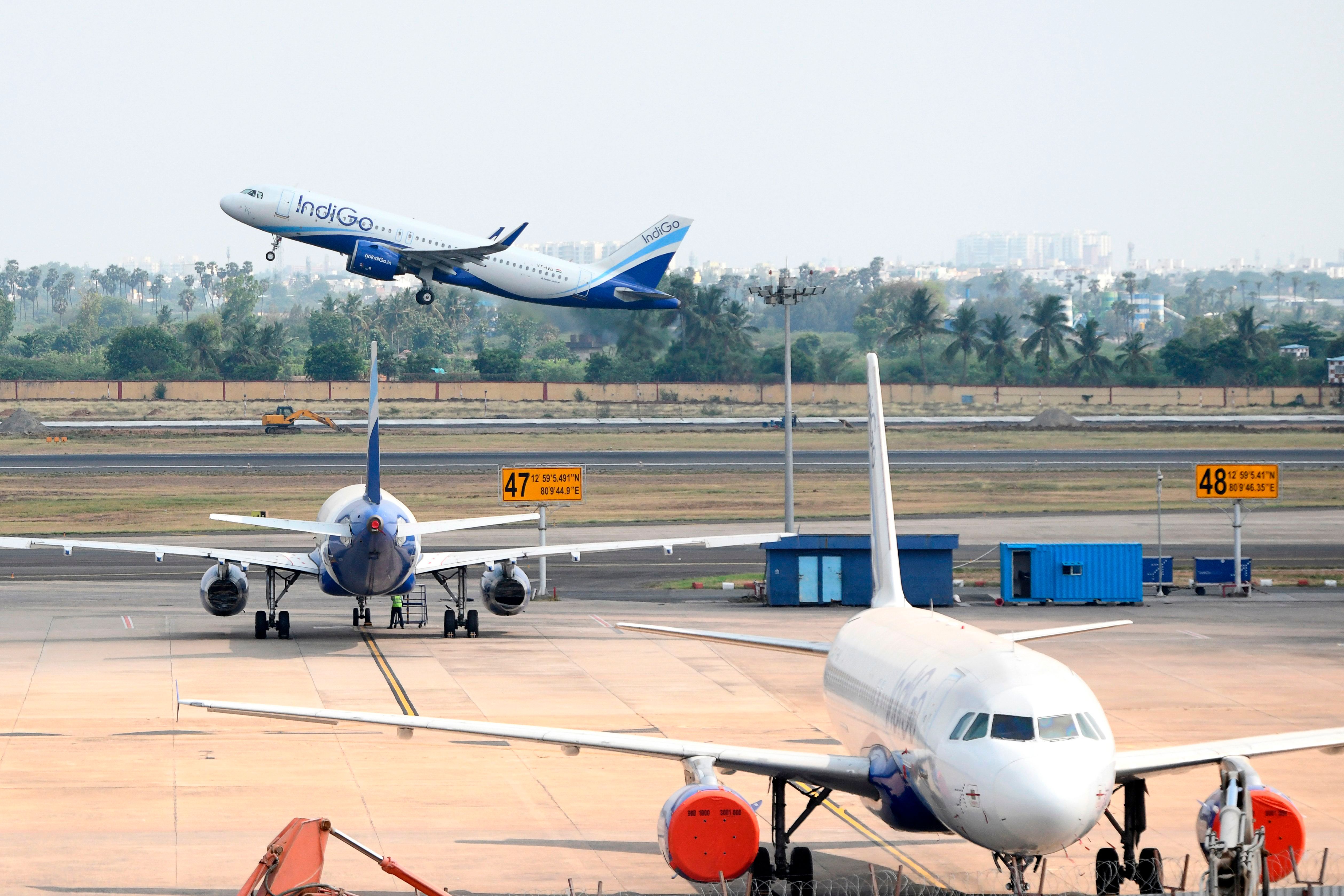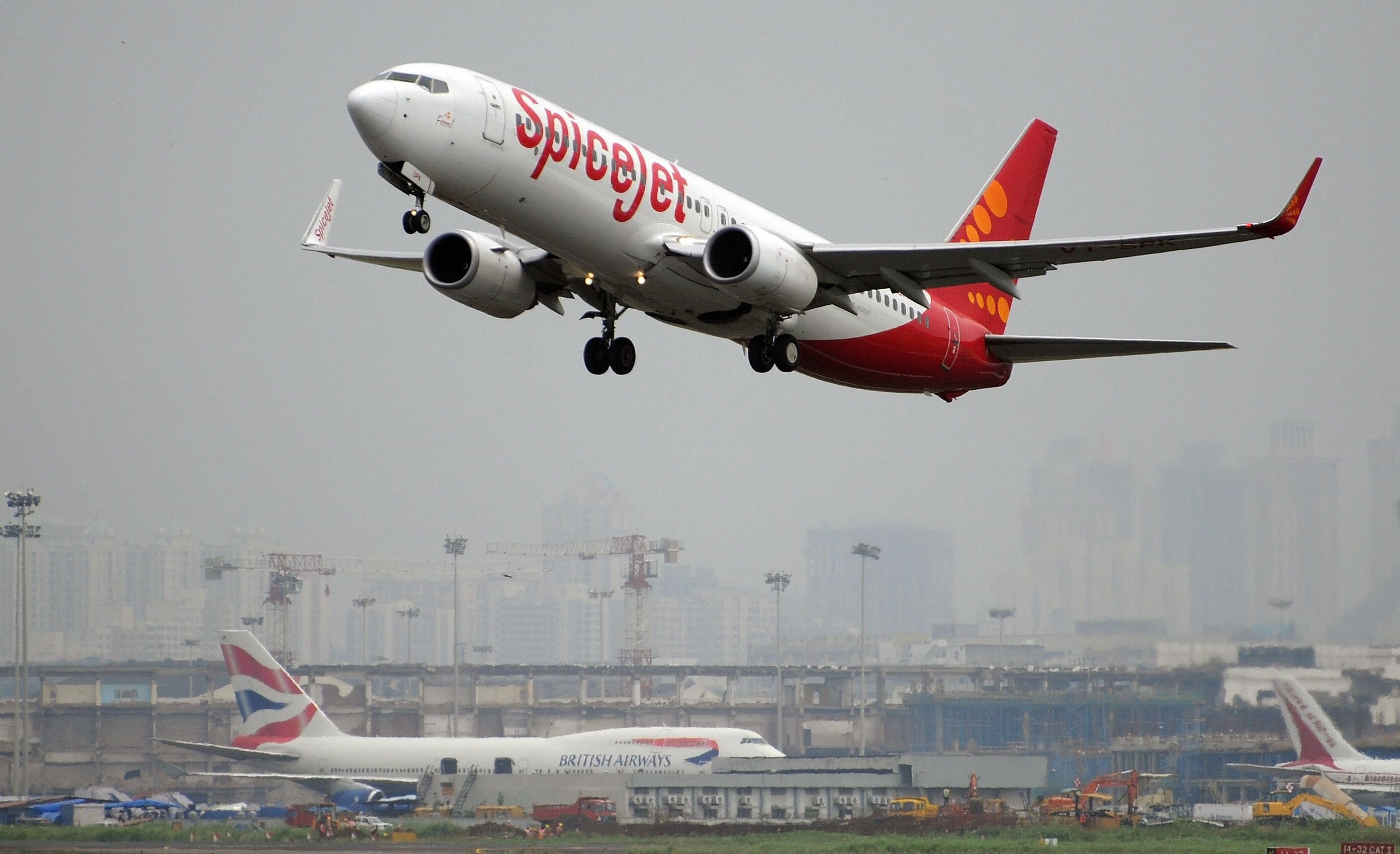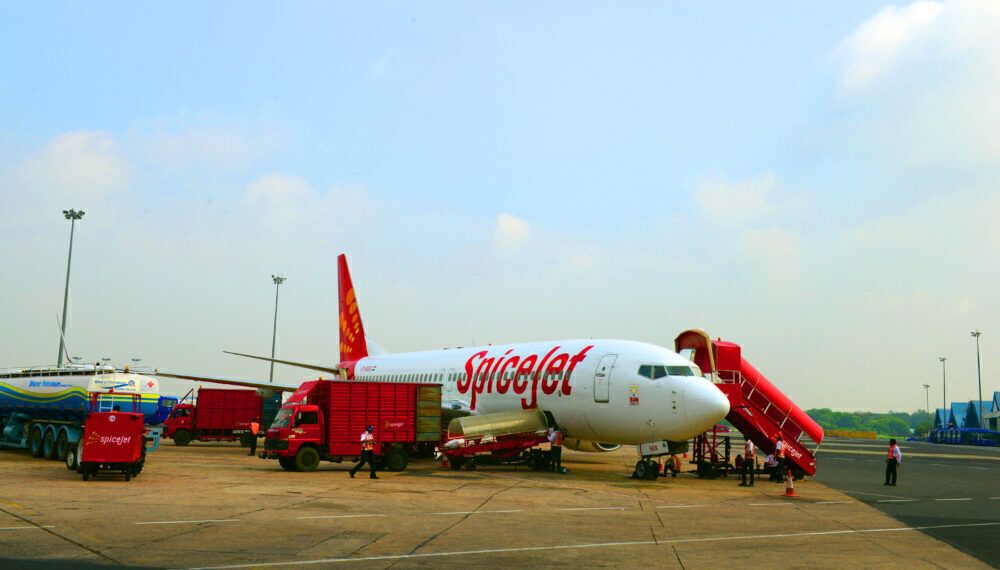An official statement from the Indian Directorate General of Civil Aviation (DGCA), Arun Kumar, declared India's civil airspace to be safe. This statement comes during a year when technical safety malfunctions are commonplace. SpiceJet has been forced to cut its flight roster in half in response to eight significant malfunctions over 18 days. Kumar assures the public that the government has no intention of shutting down or debilitating airlines but that safety must always come first.
Officially safe airspace
On Sunday, July 31st, 2022, the Directorate General of Civil Aviation Arun Kumar, made an official declaration that Indian airspace is completely safe. Throughout 2022, and more significantly, the Summer of 2022, many safety malfunctions have been reported from various airlines across the nation. Several of which being closely avoided catastrophes.
Over 460 aircraft malfunctions have been reported across India in the past year alone. One of India's largest air carriers SpiceJet suffered eight significant technical malfunctions in only 18 days. In response to this, the DGCA on July 27th, 2022, ordered SpiceJet to cut its flights in half for the next eight weeks. The PTI later told Kumar that these snags were routine and occur in every airline fleet.
The DGCA has received much negative criticism for not taking stricter actions against SpiceJet following its string of safety concerns. Kumar responded by stating that the DGCA has no intentions of shutting down airlines and that its main focus will always be safety. Kumar stated,
“My role is to take measures to ensure safe and efficient flying...The focus is always on safety and to ensure that any situation is not allowed to worsen.”
Foreign issues
Domestic Indian airlines are not the only ones that have been reporting malfunctions this year. Many of the reported malfunctions have come from various foreign carriers who happened to have the malfunctions while in India. Kumar addressed recent malfunctions of foreign airlines in his statement. Kumar said,
“In the last 16 days, even for the foreign operators [airlines] who come to India, we have seen fifteen technical snags, which have been attended to and rectified,"
“…there are hundreds of thousands of components in an aircraft and if one or two components have issues, it does not always mean that there are high risks or the possibility of fatal incidents.”
Kumar claims that the problems faced by both foreign carriers and domestic carriers are similar. Kumar went on to state that the problems were generally of a small technical nature that could be easily addressed. Kumar said,
“What most of them [recent incidents of technical snags] required was troubleshooting, replacement of some component say windshield due to outer layer crack, defective valve, high-pressure switch, landing gear up lock, hydraulic accumulator or an engine,”
Discover more aviation news here.
Insufficient personnel
On July 19th, 2022, the DGCA reported that the country lacked sufficient engineers to verify that all aircraft were safe to fly before takeoff. It attributes many of the technical malfunctions to insufficient pre-flight checks by maintenance personnel.
Airplanes are very technical marvels with countless essential pieces. It is common for airlines to fly with a few inoperative aircraft components that are not critical to the safety of flight. However, major concerns have been raised in recent weeks as airlines across India continue to have technical malfunctions at an alarming rate. The DCGA has assured the public that Indian civil aviation is safe and that the flights permitted to operate in and out of India are being held to the highest standard of safety.
What do you think of the DCGA's response? Let us know in the comments below.
Source: Scroll.in



